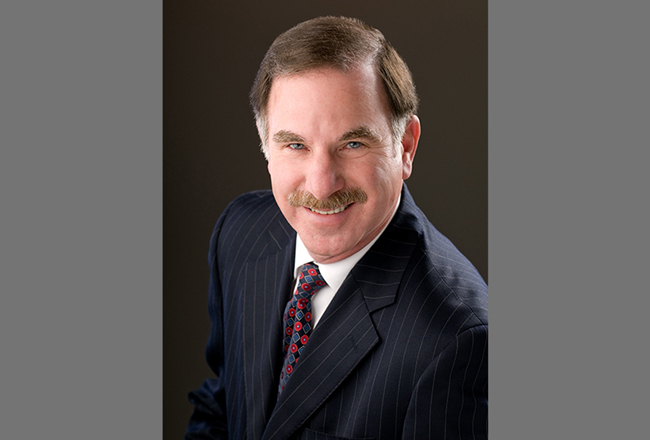There is a newish social science out there called “Social Learning.” It begins in school, picking up on what the cool kids do, or their opposites do. It is at first emulation but evolves into articulation — self-expression. Social media has mastered that! It’s amazing how it can keep folks preoccupied outside of real life. Yet social media is and isn’t an alternate reality at the same time. It represents a wholly new frontier for this type of learning.
The University of Chicago’s Joshua Conrad Jackson, Björn Lindström of the Karolinska Institutet, and Princeton’s M.J. Crockett argue that platform algorithms lead to the spread of misinformation and extreme views.

Fact, fiction, and folly entwine and the utter democracy of social media gives voice to dissidents, detractors and the dubious. An avowed act of terror by Hamas is whitewashed by the protests focusing on the plight of Palestinians.
Unlike the fury of protests on this, in NYC we are a bit more civilized in our suburban situation. As a native New Yorker, former city resident and then long-time joyful commuter, I’ve observed that the city’s cacophonous voices keep growing and just keep bludgeoning forward.
It’s not just those in street crowds: let us not forget the disruptive egos throwing gasoline on news media and social media fires: Trump, Musk, the Squad, Gaetz, and the media darling/dastard du jour. We’ve never had a more contentious public square or short fused folk.
How to handle the comparatively lightweight matter of marketing message management and new messaging initiatives in the midst of all of the contentious content? Fear of rebuke or irrelevance is palpable. ESG (Environmental, Social, Governance) and DEI (Diversity, Equity, Inclusion) are the demigods for multinational public-facing businesses. It’s that public facing that preempts a ton of strategic development.
Smaller footprinted enterprises can gather in their circles of communities — employees, partners like key suppliers, causes they support, organizations they occupy — and begin the messaging there.
Getting noticed is a tougher slog in the unpaid media space. It’s marginally better with paid media, assuming you bust through the clutter. News media is cluttered big time as the news cycle evolves and metastasizes.
In order of efficacy, here are the proven hierarchies of marketing outcomes/immediate benefit in descending order:
- Events — a great new year’s resolution.
- TV/video — nobody reads anymore, but make it a must “watch again.”
- TikTok — if you are facing younger audiences and female consumers.
- Instagram — your act belongs on this road. Don’t have an act? Think about your best actors first.
Facebook’s Mark Zuckerberg reports that as of Oct. 25, companion site Threads was up to 100 million monthly active users. Reports about “X,” Elon Musk’s reworked “Twitter” say it has been having large losses in its online audience. Marketing consultancy Ebiquity showed that a large majority of X’s biggest-spending advertisers have stopped advertising on the platform since Musk acquired the company. Just two of Ebiquity clients had purchased ads on X in September, down from 31 brands 12 months earlier, according to Business Insider’s Lara O’Reilly. A New York Times report said an internal memo at “X” placed the value of the company at $19 billion, substantially less than the $44 billion paid by Elon Musk to acquire it when it was known as Twitter.
Doesn’t this feel like the NFL Sunday recap? Yet, there are few star campaigns to recall. With the right impact, and impact was, is and will always be everything; you will see that star quality if only beginning as a twinkle. ROI, if sought by the right minds, will happen. Impact will soar above weighty news media, political debate or stagnation (it is election time) and the latest/greatest buzz. Impact is not for the meek of heart. Impact is “the pause that refreshes.” That old Coca-Cola line is avowedly true when you attend a killer event, see a punchy billboard, comment on a social post or begin following a clever content creator.
Impact is also a function of trust, like a traditional media routine from a subscription, or a loyalty to a brand assuming price is not off-putting. Our position is basic: what’s the problem we are trying to solve! Elon Musk has his first principles: Question, Delete, Simplify, Accelerate and Automate. That’s a whole lotta “push.” Lots of folk do not like to be pushed by outside counsel. In-house is always more accommodating and ameliorating. Lawyers, ad agencies, lobbyists, public advocates — pushy, pushy folk. In the court of public opinion, the jury is very much out and doesn’t weigh in as tangibly as you’d like.
Martin Kihn, a true marketing data guru, points out habitually that the data must be analyzed based on what it shows and fails to detail. This deductive reasoning is missing from many back-end analytic reports. Sherlock Holmes is to be emulated when you’re analyzing this stuff. The data analytics may not pull that strongly, either.






















